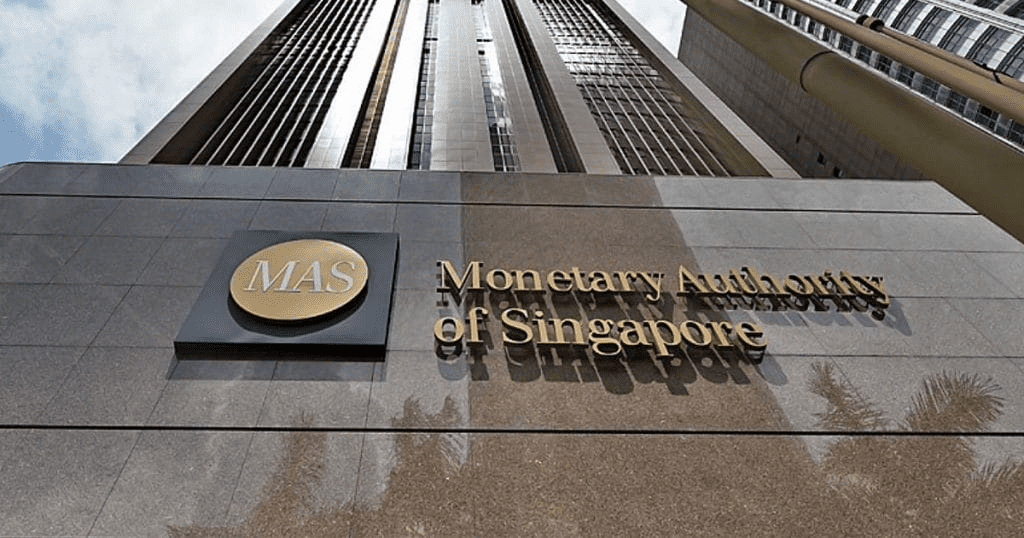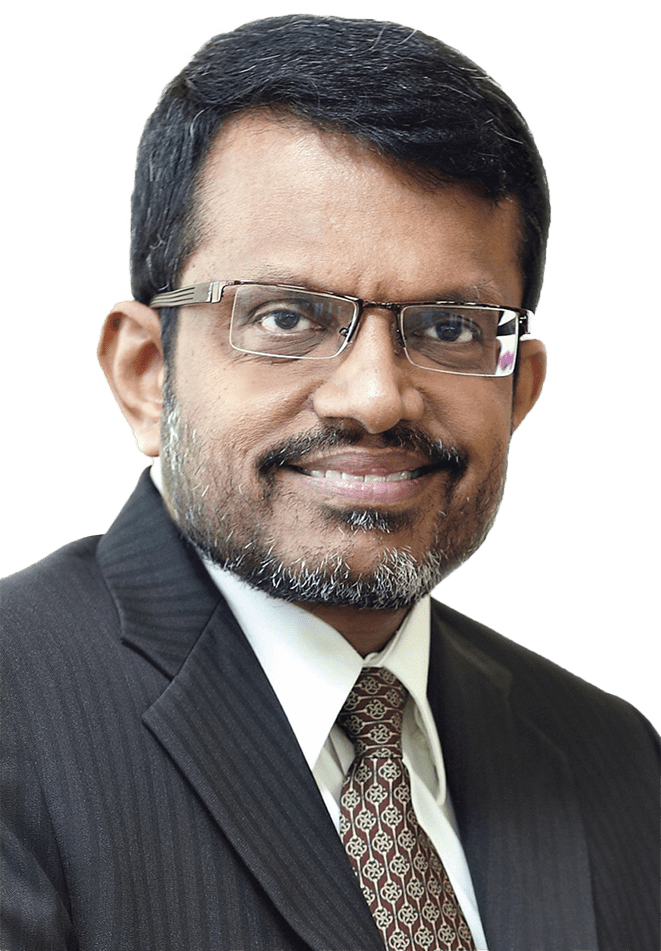Singapore is trying to position itself as a “responsible crypto hub” as it tries to strike a balance between attracting cryptocurrency firms to the city-state but not being seen as lax when it comes to enforcing global anti-money laundering norms.
“The licensing process is stringent, I should say, and it needs to be,” the Monetary Authority of Singapore’s Ravi Menon said. Singapore wants to be a “responsible global crypto hub with innovative players but also with strong risk management capabilities,” the regulator’s managing director said at the Financial Times’ Crypto and Digital Assets Summit on Wednesday.
The development comes as Singapore granted in-principle licenses to fintech companies such as Revolut and Luno even as close to 100 other applicants waited for theirs.
It’s not us, it’s you
Only three financial institutions have been granted full-fledged licenses so far, according to the MAS website, despite 170 applications to provide Digital Payment Token (DPT) services since the Payment Services Act (PS Act) came into effect in January 2020.
Meanwhile, cryptocurrency firms have been making a beeline to “crypto-friendly” jurisdictions such as Dubai, neighboring Abu Dhabi, and even the Bahamas.
Kraken won a full license in Abu Dhabi to offer services across the Middle East and North Africa region, and will provide virtual asset trading and custodial services in the local currency.
Cofounders of Binance-backed Indian cryptocurrency exchange WazirX recently moved to Dubai, according to unconfirmed reports. Crypto.com and Bybit have set up bases in the United Arab Emirates.
FTX won a similar approval in Dubai even as it reportedly invested around US$60 million toward the development of a boutique hotel, commercial center and its new headquarters in the Bahamas.
That crypto-friendly approach has been acknowledged by influential traditional finance executives.
See related article: Dubai could be crypto’s promised land, Citi says
After months of ambivalence over setting up a base in Singapore, Binance finally won crypto licenses in Dubai and has had talks with Bahrain.
Menon said MAS only approves applicants with “strong governance structures,” and hopefuls need to familiarize themselves with anti-money laundering (AML) and anti-terrorist financing (ATF) norms.
The regulator is closely monitoring risks related to the two as well as technology and cyber risks, Menon said. The MAS is also cognizant of protecting consumer interests and maintaining financial stability, he added.
In the last two years, MAS granted licenses and in-principle approvals to 11 digital payment token (DPT) service providers, according to Menon. Regulation for these providers has so far been limited to anti-money laundering, technology risks and access to the retail public.
See related article: Caught between a rock and a hard place, Singapore tightens crypto oversight
“We have taken quite a tough line against this that we do not want them to have unfettered access to the retail public because we are not sure if it is a good idea for retail investors to be dabbling in cryptocurrencies,” Menon said.
“And these [concerns] are not unique to MAS. I think many global regulators share similar concerns about retail exposure to cryptocurrencies,” he added.
Striking a conciliatory tone, Menon said the MAS has decided to enforce regulation on the basis of activity rather than adopt an entity-based approach.
“We are trying to mitigate the specific risks posed by specific activities while allowing latitude for innovation,” he said. The risks depend on the underlying characteristic of the digital asset, he added.
Menon said the regulator is seeking to encourage talent development through grants for innovations, as well as collaborating with industry to explore the potential of blockchain technology through real-value infrastructure experiments.
MAS has also been working to anchor high quality strategic players at the forefront of digital asset innovation who offer very strong value propositions, he said.

Adult supervision
A key criteria while granting licenses is applicants’ ability to manage risks.
“Many of them are young players with little experience of banking or regulated activities,” Menon said. “So there is a culture issue to bridge.”
“They are innovative, they are nimble, they think out of the box, which is all great … we want that,” Menon said. “But they do need to have a risk-governance culture,” he added. “So that’s something we pay close attention to.”
The regulator wants applicants to have institutionalized governance structures in place to ensure AML and ATF norms are adhered to.
“The risk assessment should consider whether a product has characteristics that promote anonymity, whether the product is known to be used by criminals for illicit purposes, and whether the volatility and liquidity of the product render it susceptible to market manipulation, fraud and so on,” Menon said. “So they need to do this risk assessment before they launch products.”
The regulator also wants cryptocurrency service providers to adhere to know-your-customer (KYC) norms, in line with the global regulatory framework.
If a potential customer is assessed to have higher money laundering risk, then the service provider is expected to take enhanced customer due diligence measures to mitigate and manage these risks, such as establishing the customer’s source of wealth, source of funds, destination, and so on, Menon said.
“All the stuff that we expect banks to do, we expect them to do on the money laundering front,” he added.
With a spate of hacks befalling even the biggest cryptocurrency service providers, the MAS understandably has concerns.
“Now these players are pretty good with their technology,” Menon said. “But that doesn’t mean that they are adept in all areas of technology risk management.”
DeFi not a panacea
Menon said he personally thinks decentralized finance will be part of the future, but not necessarily “The Future.”
There will be a need for having direct peer-to-peer financial services being provided through decentralized protocols like the blockchain in a Web 3.0 world, he opined.
“Smart contracts that are self-executing, you don’t need an intermediary,” Menon said. “I can imagine a range of simple financial services that could be provided in that way and that would disintermediate the banks to some extent.”
“But I think there will be a large category of financial services which will still require customization, still require a degree of trust and direct connection between a financial institution and a financial customer,” Menon said. “So I think the two will coexist, but it will be a very interesting dynamic to watch in the coming years.”





